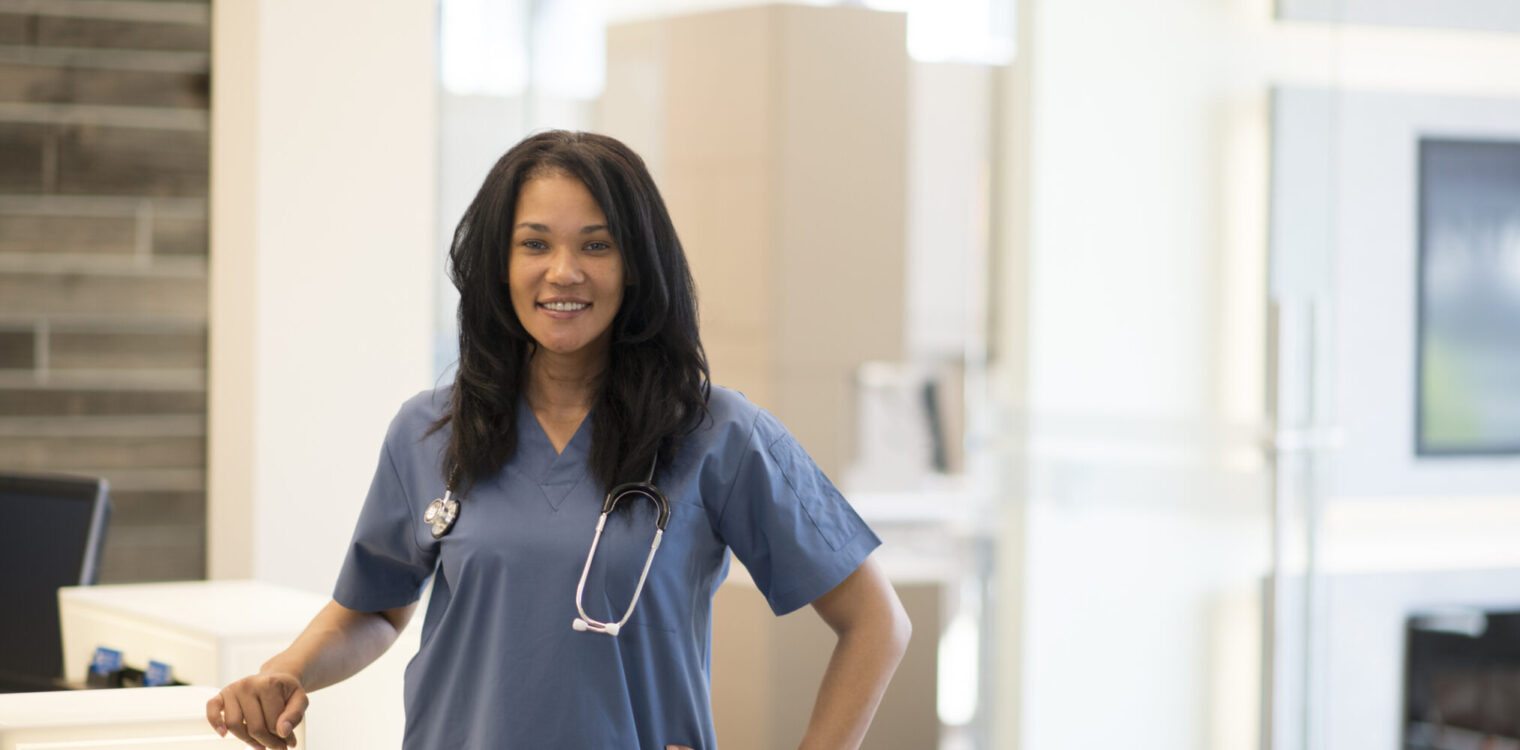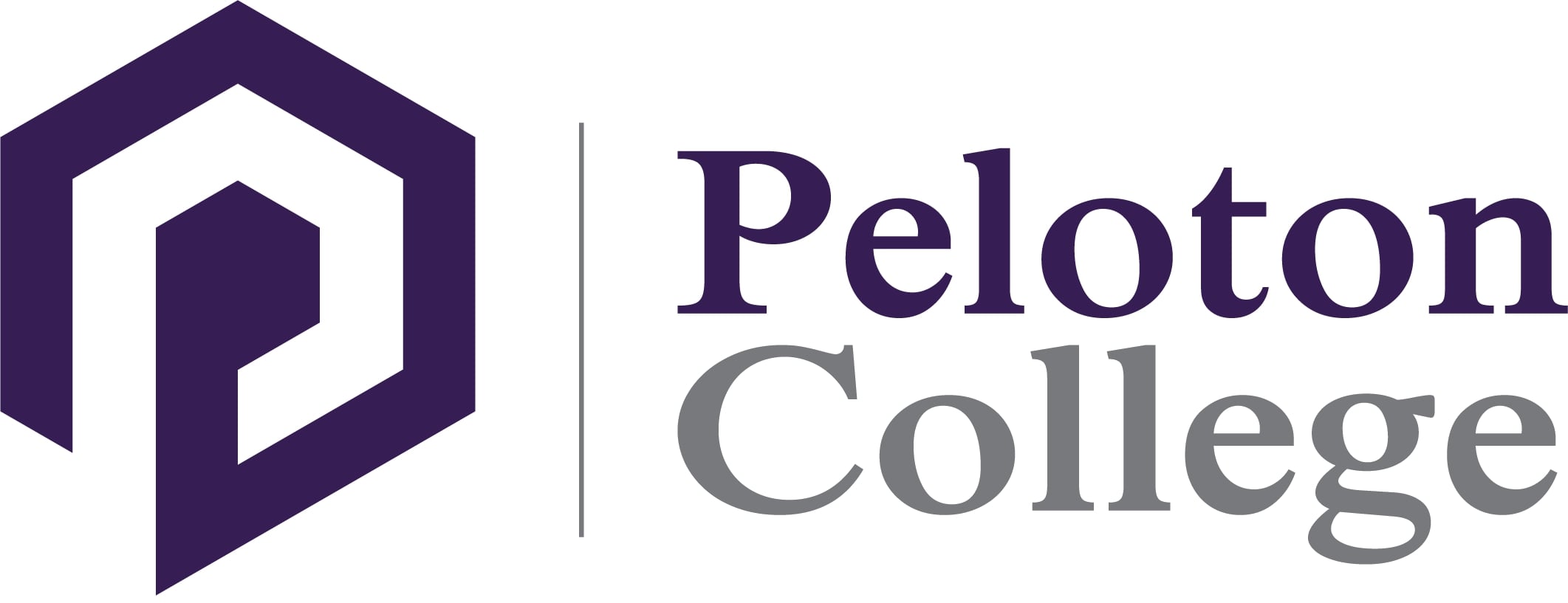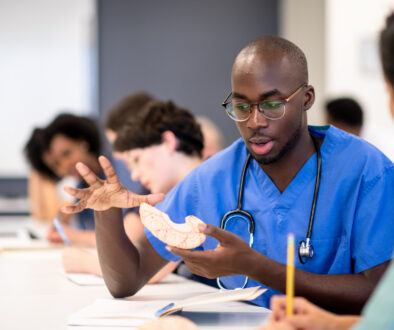How Long Does It Take to Become a Certified Medical Assistant (CMA)?

Are you interested in becoming a certified medical assistant? Attending a vocational school and obtaining a medical assisting diploma is just the beginning of an exciting new career. The next step is to increase your value as a potential employee by becoming certified. What does certification entail, what’s the test like and how long does it take? Let’s find out.
How Long Does It Take to Become a Certified Medical Assistant (CMA)?
Graduating from a vocational school medical assisting program qualifies you to take a certification exam. Full-time students can be work-ready in nine short months.
Medical Assistant Certifications
Several nationally recognized organizations offer certification for medical assistants. Some are more valuable than others based on their stringency, but each demonstrates proven skills and a commitment to the field. Peloton College encourages and provides graduates with an opportunity to acquire the Certified Clinical Medical Assistant (CCMA) certification through the National Healthcareer Association (NHA).
Certified Clinical Medical Assistant (CCMA)
Per the NHA website, Medical Assistants (MAs) are critical members of healthcare teams in a variety of medical settings. As an MA, you are often the first and last person a patient interacts with, making a lasting impact on the patient experience. MAs are flexible, performing a variety of tasks such as1:
- Taking patient vital signs
- Assisting providers with exams and procedures
- Administering injections or medications
- Performing EKG, phlebotomy and other essential laboratory procedures
- Checking patients in and out upon arrival and departure
- Answering phone calls and questions
- Updating and maintaining electronic health records (EHR)
Upon completion of the Medical Assistant program at Peloton College, there are 5 steps for a student to become a Certified Clinical Medical Assistant per the National Healthcareer Association1:
- Apply for your exam
Create a free NHA account online, anytime, and submit your certified clinical medical assistant exam application through your account portal.
- Set a date
Select the date and location–online or in-person–for your exam.
- Prepare, prepare, prepare
Time to study! We’re here to support you. We (NHA) have study materials available, including an interactive study guide and practice test.
- Take the exam
You’ll take the exam either at your school, a PSI testing center near you, or through live remote proctoring at the location of your choice.
- Get your results
For online CCMA exams, NHA will officially post your certification results to your account page within two days of scoring your test.
1Source: https://www.nhanow.com/certification/nha-certifications/certified-clinical-medical-assistant-(ccma)
What Do I Learn in a Vocational School Medical Assisting Program?
The most valuable part of a medical assisting program is that it prepares you for certification testing. You’ll be confident when test day comes. Medical Assistant program topics may include:
Anatomy and Physiology
Medical assistants have a mixed administrative and clinical role. Understanding how the body is made and how it works is essential for patient care.
Anatomy and physiology classes cover the major body systems and their common disorders. The goal is to familiarize you with what patients experience and how medical professionals help. The course isn’t as in-depth as the training doctors and nurses receive, but it’s a good foundation. By graduation, you’ll be comfortable reading medical reports and taking patient phone calls.
Diagnostic Testing
Among the most exciting parts of a medical assistant’s job is performing diagnostic tests. Working with the latest equipment, you’ll learn to take EKGs and assist with other tests. It’s a tangible, scientifically driven way to contribute to patient care.
Clinical Procedures
Medical assistants help doctors with a wide range of clinical procedures, such as taking vital signs and assisting with minor procedures. You’ll get to practice on classmates and patients, taking their temperature, blood pressure, heart rate and respirations.
Also covered is how to set up and sterilize instruments trays. You’ll learn how to assist the doctor and keep patients safe by following infection control procedures.
Phlebotomy and Laboratory Applications
Many doctor’s offices have in-office labs for their patient’s convenience. Instead of sending them to the hospital, you’ll take blood and urine samples and process them on site.
Phlebotomy, the process of drawing venous blood with a needle, is a valuable skill for medical assistants. By the end of the course, you’ll be ready to draw blood and prepare samples for testing or shipment.
Office Practices
Geared for the beginner, vocational school medical assisting programs cover the basics of working in a healthcare setting. Medical offices are different than the average business, so while some skills are transferable, you’ll have to learn many from scratch. Topics include customer service, communication, and the use of office equipment.
Computer and Software Applications
Most hospitals and private practices use integrated medical software to make managing tasks easier. It’s significantly more comprehensive than the types of software programs used at home. You’ll learn to manage records on software similar to what you’ll use on the job as well as telehealth applications.
Medical Billing, Coding, and Insurance
Most patients’ medical bills are covered by insurance. But there are dozens of commercial policies in addition to government programs, and each is a little different. As a medical assistant, you’ll participate in billing and inventory management, so it’s important to understand how medical bills are paid.
Healthcare Law and Ethics
Healthcare is regulated to safeguard patients’ health and privacy, there’s a mountain of regulations. This course will teach you how to practice safely by following the rules. You’ll learn about patients’ rights and responsibilities and how to handle the many ethical dilemmas you might encounter on the job.
Career Development
Medical assistants can climb the career ladder by making the right moves. From becoming certified to continuing their education, taking certain steps encourages quick professional growth. This course covers how to land your all-important first job and position yourself for advancement through training and performance. You’ll get tips from seasoned instructors and career advisers, so you’re ready to hit the ground running on your first day at work.
Externship
Externships are short, off-campus learning experiences in which you’ll work side-by-side with experienced medical assistants. Classroom learning is important but observing medical assistants in action shows you how they manage their time and structure their day. You’ll have an opportunity to practice your practical skills from answering the phone to drawing blood, so nothing will be unfamiliar when you start your first job.
Final Thoughts
Medical assisting is more than a job. It’s a career with a solid future and opportunities if you take them. Becoming certified is the first step on a lifelong journey of growth and education as a certified medical assistant.
Want to Learn More?
The objective of this Medical Assistant training program at Peloton College is to prepare the student for employment as an entry-level Medical Assistant performing administrative, clerical, and clinical duties within the health care field.
The mission of Peloton College is to be the premier provider of hands-on training and education by providing students and graduates with the necessary skills to secure occupational careers. Contact us today to learn more.



